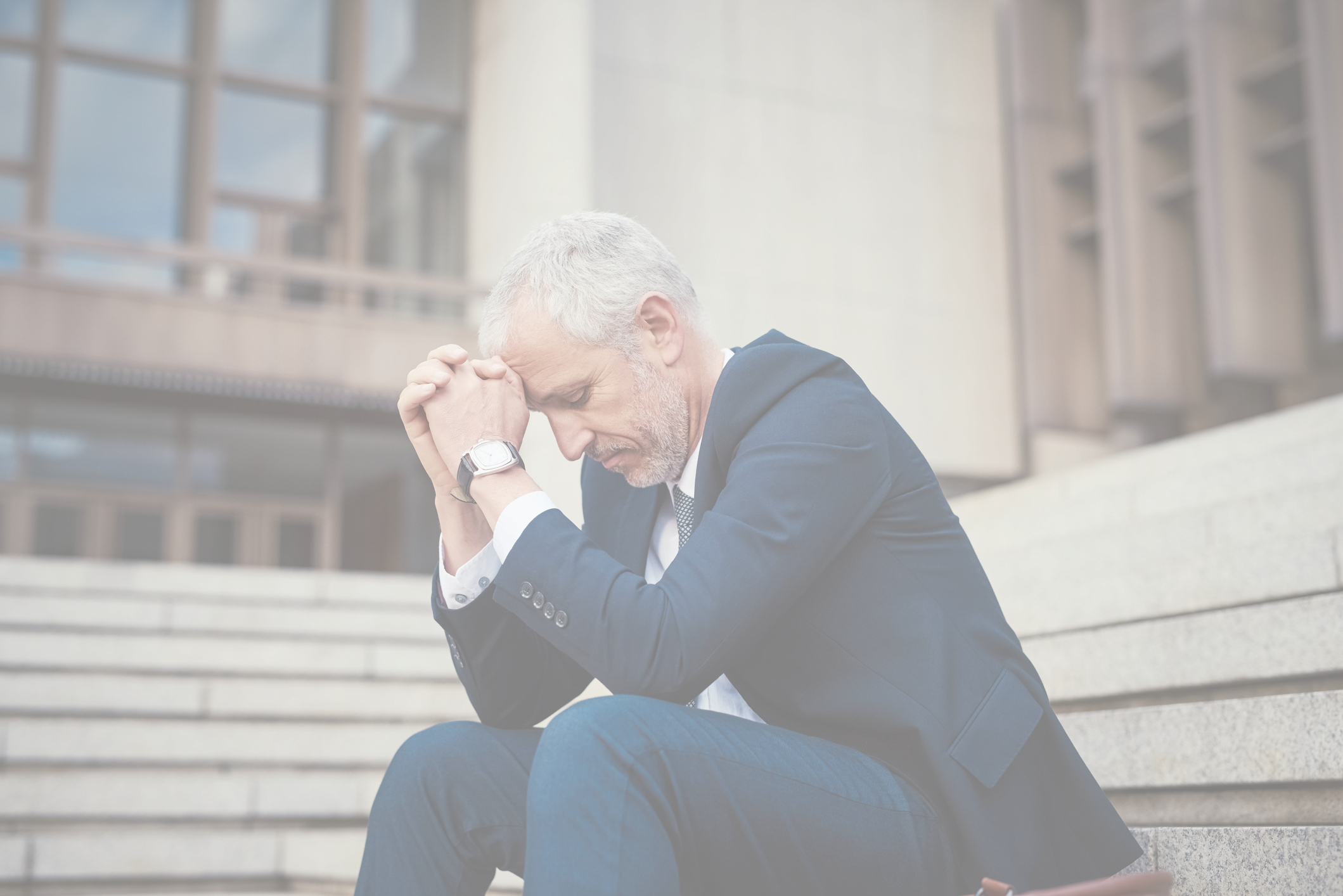Anxiety Treatment
The word “anxiety” is often used to describe a wide range of illnesses that cause emotions of jitteriness, constant worry, or fear. Do you experience the aftereffects of a traumatic event or time in your life? Do you struggle with anxiety, melancholy, phobias, fears, or an autoimmune ailment that never gets better?
Allow Stone Wellbeing to assist you through these common issues with the best anxiety treatment available.


How to treat anxiety with therapy?
Anxiety can often impact your mental and physical health. Any human is likely to experience anxiety and stress every once in a while. However, suffering from an anxiety disorder is something different. Anxiety disorder symptoms may soon begin to control your life if not treated on time. At Stone Wellbeing, I will collaborate with you to customise treatment based on your experience and expression of symptoms.
Call me now on 0423 143 664 to book a session with me!
Get in touch with me today to book for anxiety treatment in Melbourne
What kind of therapy is best for anxiety and depression?
Psychotherapy and medicine use are the two basic approaches to treating anxiety disorders and depression. In recent years a number of experiential therapies are emerging that are shown to be fast acting and more effective than basic or cognitive therapies.
Experiential anxiety therapy is a therapeutic technique that uses expressive tools and activities, such as role-playing or acting, props, arts and crafts, music, animal care, guided imagery, or various forms of recreation to re-enact and re-experience emotional situations from past and recent relationships.
TRTP Trauma Therapy is one of the latest experiential therapeutic process that successfully resolves the effects of trauma and symptoms such as anxiety and depression, in fact it has been shown to be very effective at reducing your body’s systems down to calm.
If your anxiety level is causing emotional and mental distress, reach out to me today.


It might be time to get some guidance in learning how to handle anxiety if it interferes with work, relationships, and daily life. Anxiety can sometimes creep into the picture even if there isn’t anything important happening in your life or you haven’t been through anything particularly stressful. However, anxiety doesn’t have to control your life.
To overcome your anxiety, depression get in touch with Stone Wellbeing for anxiety treatment. Book a session today!
Stress Management
Stress is insidious. When stress goes unchecked, its symptoms linger and chip away at both physical and mental health. Many grow used to the constant feeling of stress pressing down on them, while others wear their stress as a badge of honor.
That being said, it’s okay to have some stress. A healthy level of stress pushes people to take care of their responsibilities, without keeping them up at night or damaging their health. The goal isn’t to eliminate all stress, it is to keep stress at levels that are helpful, rather than harmful.
At Stone Wellbeing I provide strategies for managing stress in a healthy way.


What is Stress?
Stress is a feeling of being tense, overwhelmed, worn out, or exhausted. A small amount of stress can be motivating, but too much stress makes even small tasks seem daunting. Symptoms can range from mild (e.g., headaches and stomachaches) to severe (e.g., anxiety and depression).
Acute vs. Chronic Stress
Acute stress is brief but intense. Short-term stressors, such as giving a speech, getting into an argument, or studying for an exam cause acute stress.
Chronic stress, on the other hand, is long-lasting. The symptoms may not be as intense in the moment, but the long-term effects are more severe. Long-term stressors, such as a difficult job, an unhealthy relationship with frequent arguing, or financial difficulties that cause chronic stress.
Stress Management Strategies
- Build Resilience
- Relaxation Techniques
- Time Management
- Self-Care
- Cognitive Restructuring
- The Practice of Letting Go
To implement Stress Management Strategies that work for you, get in touch with Stone Wellbeing. Book a session today!

FAQ’s
What doctor should I see for anxiety?
A psychiatrist is a medical doctor who specialises in diagnosing and treating mental health conditions by pathologising the condition and often using drugs in treatment. A psychologist and other mental health practitioners can diagnose anxiety and provide counselling or psychotherapy as treatment. Your doctor (GP) is often a good place to start for most mental health conditions.
What is the best way to deal with anxiety?
The most common approach recommended to deal with anxiety is to learn how to cope with or manage your anxiety. However, when you find that these coping strategies are not enough then is it worthwhile considering getting treatment such as therapy? Many people do not realise that anxiety is often a symptom of unresolved trauma. TRTP therapy has shown to be very effective at resolving the cause of anxiety.
What are 3 coping strategies for anxiety?
Common healthy coping strategies like taking a time-out or practising yoga, listening to music, meditating, getting a massage or learning relaxation techniques. Exercising regularly, eating balanced meals, getting enough sleep, and staying connected to people who care about you. The 3 best strategies are the ones that work for you.
What kind of therapist do I need for anxiety?
Many therapists are trained in treating anxiety. It is important to understand the root cause of your anxiety. Cognitive behavioural therapy (CBT) involves learning how to lower anxiety and face distressing situations. TRTP therapy has shown to be very effective at resolving the cause of anxiety which leads to a significant reduction in anxiety felt.
Is anxiety a form of mental illness?
Anxiety becomes a disorder (mental illness) when it is irrational, excessive and when it interferes with a person’s ability to function in daily life. Anxiety disorders include Generalised anxiety disorder. Social phobias – fear of social situations. Specific phobias – for example, a fear of open spaces (agoraphobia) or enclosed spaces (claustrophobia). Panic disorders – frequent and debilitating panic attacks.
What treatment is good for depression?
The best treatment for depression is the one that works for you and can depend on the level of severity and cause. If the depression is moderate to severe, then two main treatments are antidepressant medication and psychological therapy. The main aim of treatment with antidepressants is to relieve the symptoms of severe depression. It’s important to determine whether your depression symptoms are due to an underlying medical condition. There are many types of therapy available and the established methods focus on cognitive and behavioural intervention. Other forms of therapy, such as TRTP and internal family systems (IFS), focus on treating the cause which is usually some form of traumatic experience(s).
